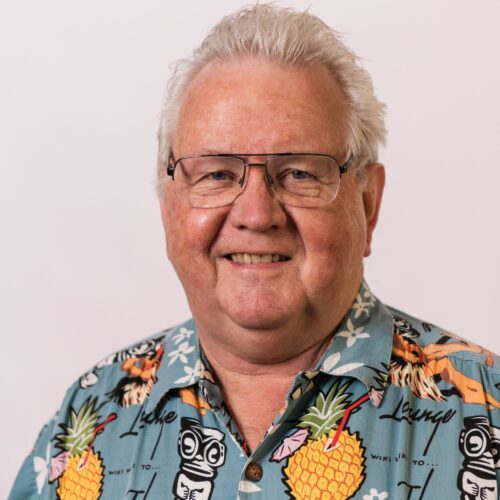
Dave McComb
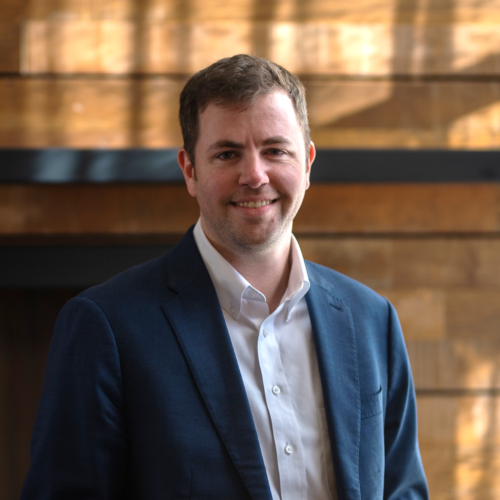
Dylan Abney
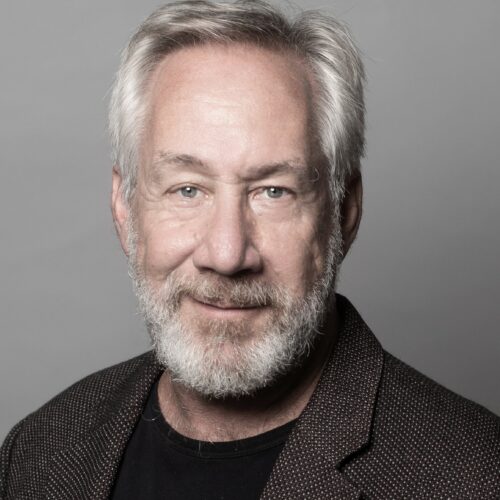
Michael Atkin
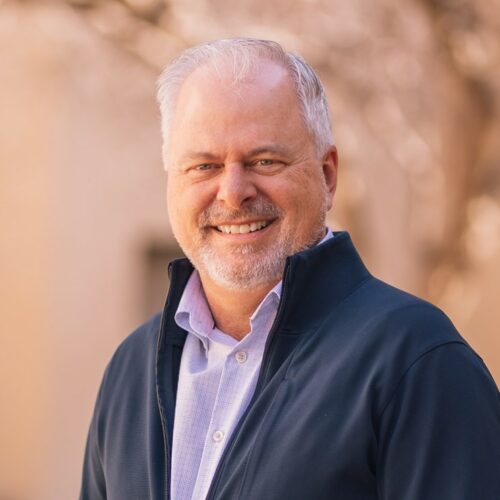
Steve Case
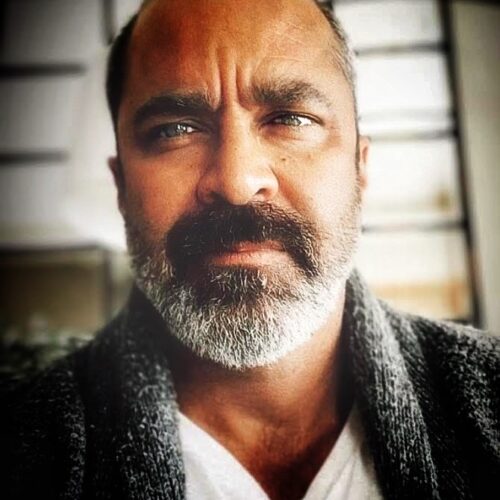
Colby Neeb
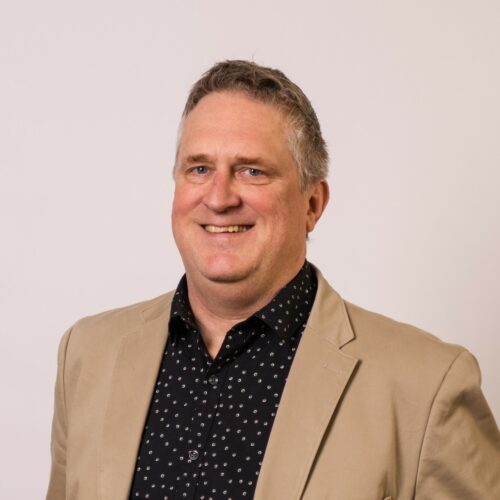
Doug Beeson
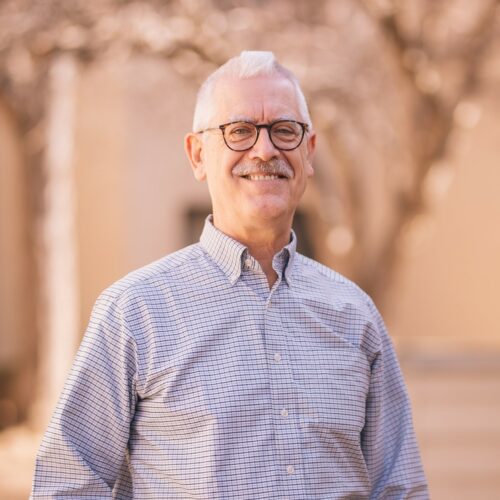
Phil Blackwood
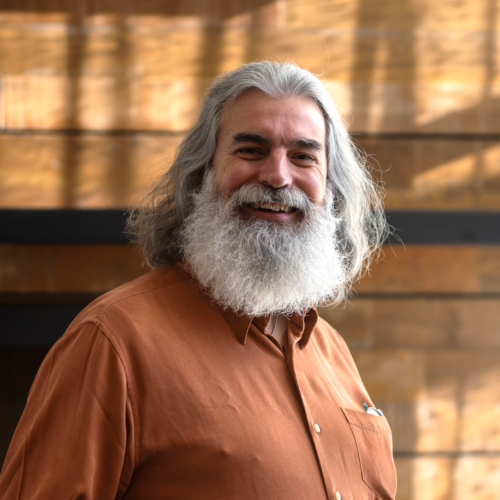
Dan Carey
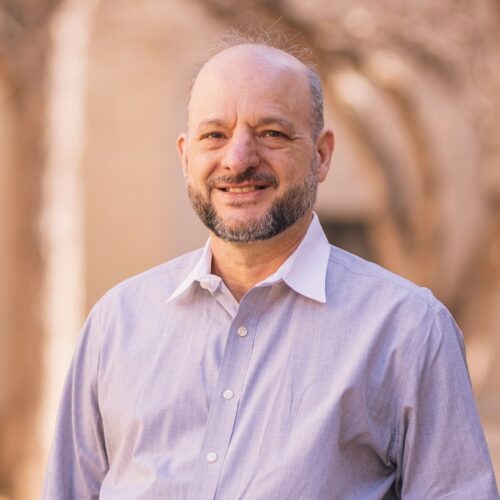
Steven Chalem
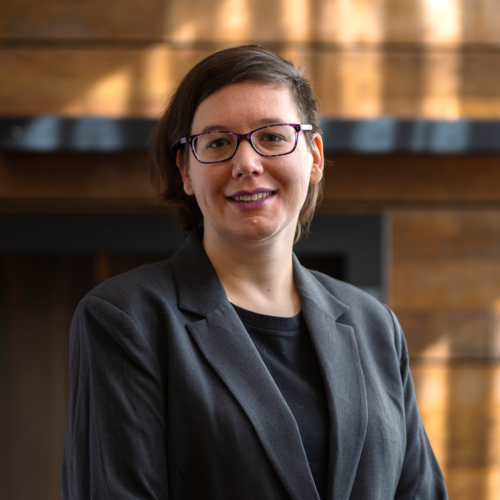
Katie Chastain
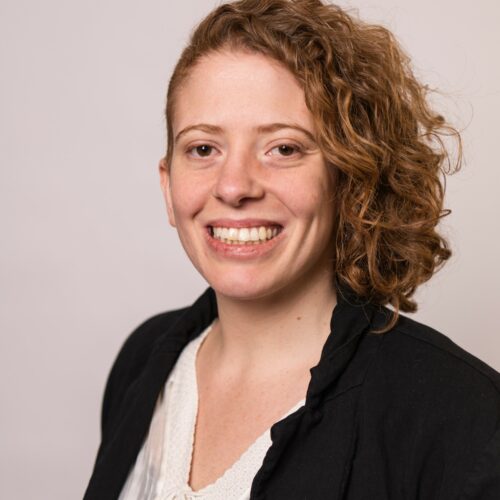
Dalia Dahleh
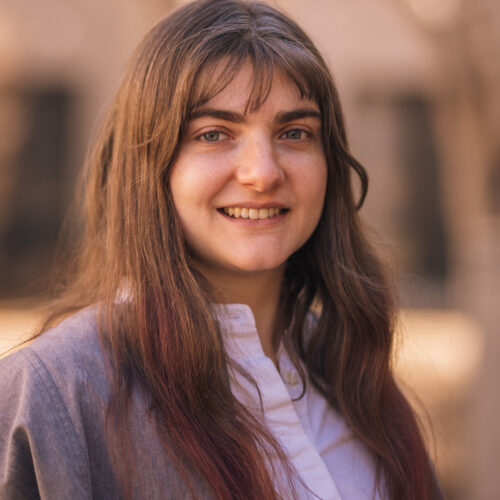
Irina Filitovich
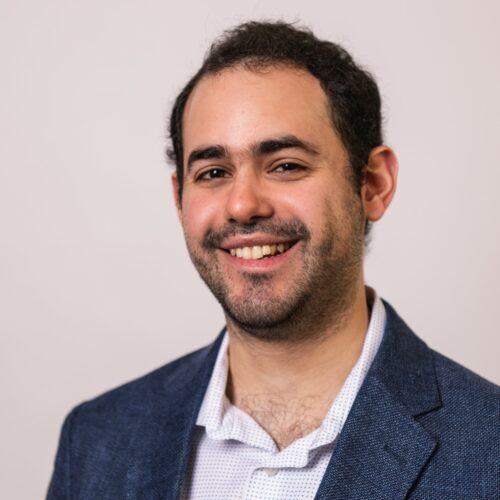
Daniel Hadad
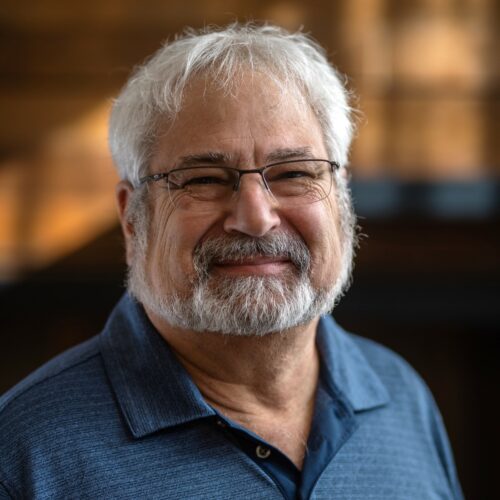
Ryan Hohimer
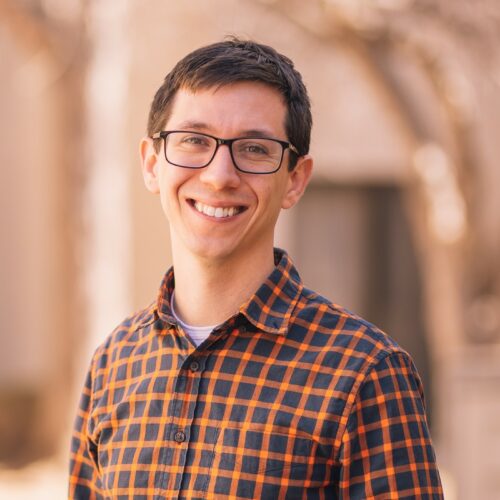
Scott Looney
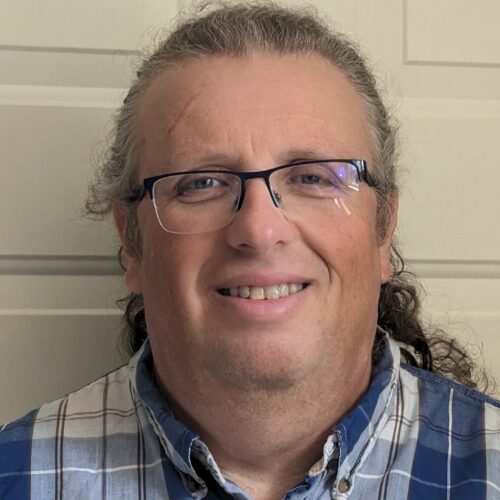
Boris Pelakh
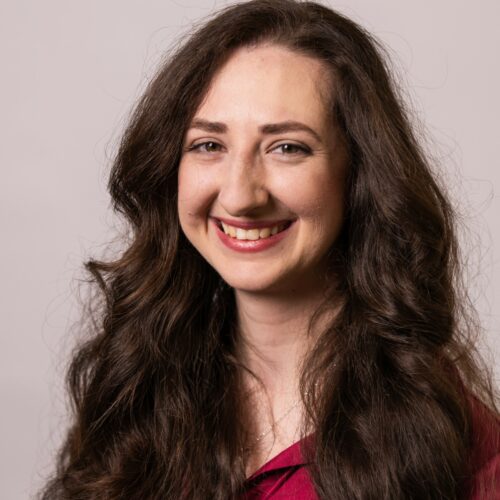
Jessica Singer
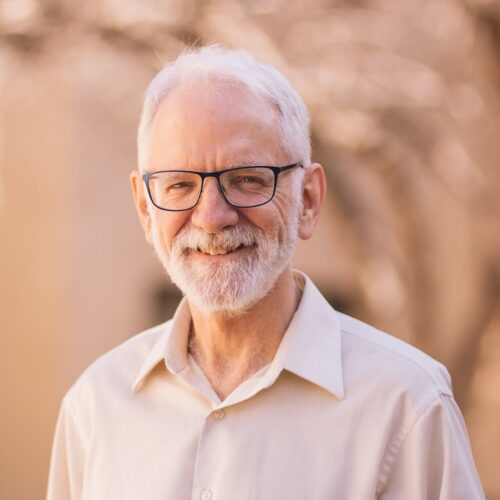
Michael Uschold, PhD
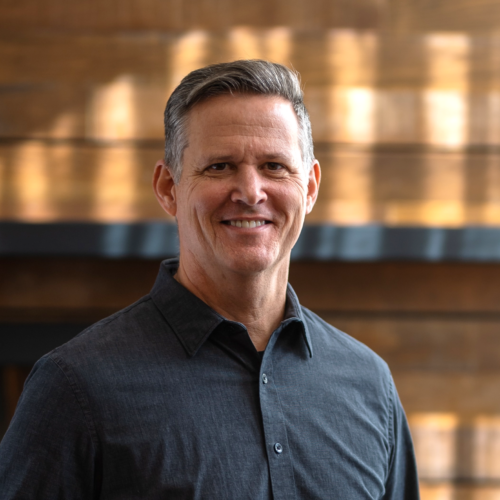
Mark Wallace
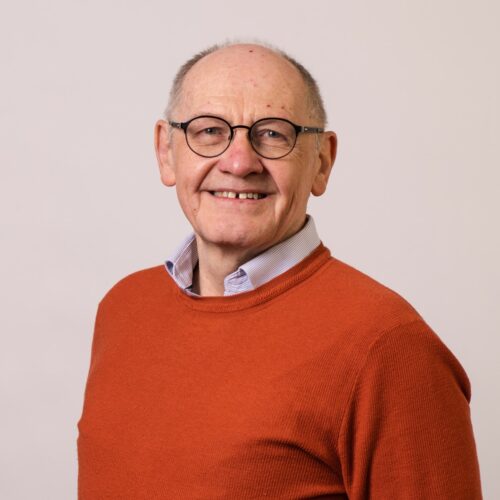
Peter Winstanley, PhD
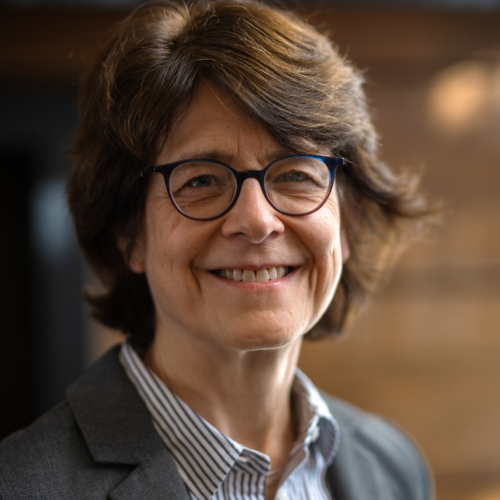
Rebecca Younes

Jamie Gulden
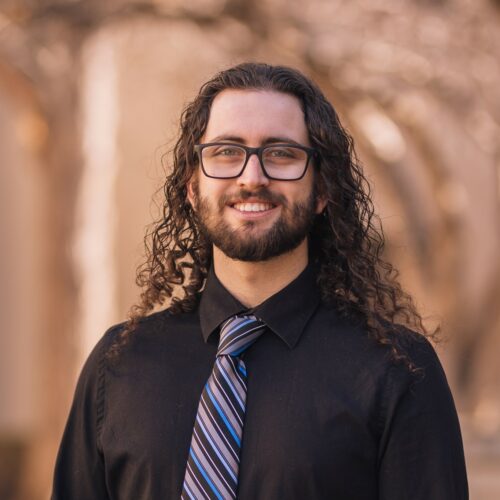
Colton Glasgow
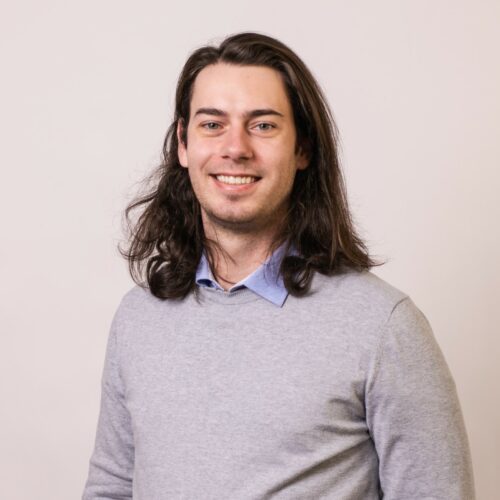
Neil Graham
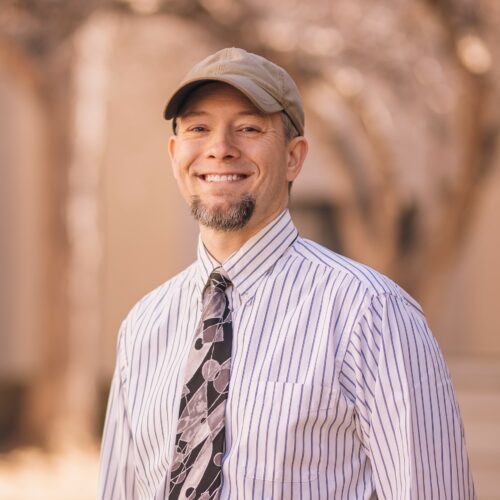
Danny Hurlburt
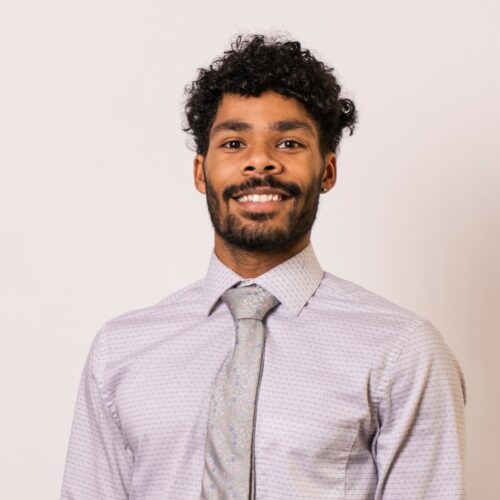
Eddie Thomas
No Results Found

President
Dave McComb
Dave McComb is the President and co-founder of Semantic Arts. He and his team help organizations uncover the meaning in the data from their information systems. Dave is also the author of “The Data-Centric Revolution”, “Software Wasteland” and “Semantics in Business Systems”. For 20 years, Semantic Arts has helped firms of all sizes in this endeavor, including Proctor & Gamble, Goldman Sachs, Schneider-Electric, Lexis Nexis, Dun & Bradstreet, and Morgan Stanley.
Prior to Semantic Arts, Dave co-founded Velocity Healthcare, where he developed and patented the first fully model driven architecture. Prior to that, he was a part of the problem.

Staff Ontologist
Dylan Abney
Dylan Abney is an ontologist with experience across academia and industry. He has consulted for clients in industries ranging from energy & commodities to professional services.
Prior to joining Semantic Arts, he studied ontology, logic, and philosophy of language at NYU, the University of Arkansas, and UCSB.
Dylan is also an active contributor to the development of gist, Semantic Arts’ upper ontology for the enterprise.

Associate
Michael Atkin
Michael Atkin has over 35 years of experience as a strategic analyst to financial institutions, regulators and market authorities on the principles, practices and operational realities of data management. His experience spans from the foundations of the information industry to the adoption of semantic technology. Mike has served as a senior advisor to several regulatory bodies in both the US and Europe. He created and taught the Principles of Data Management at Columbia University. He was the founder of the Enterprise Data Management Council and a co-founder of the Enterprise Knowledge Graph Foundation.

Data-Centric Ambassador
Steve Case
Steve Case has over 25 years in technology consulting business development solutioning for a wide cross-section of industries including healthcare, financial, manufacturing, life sciences, retail and education.
At Semantic Arts, Steve’s diverse role includes account management, consultant utilization, corporate branding, marketing, event planning, lead generation, and innovative semantic solutioning. He brings an insatiable curiosity and thirst for learning new things. Steve is passionate about high integrity relationship building when offering enterprise solutions; seeking to create win/win working scenarios.
Outside of work Steve is an avid sports fan, participating in the MN Senior Golf League. He also enjoys grilling/smoking, bicycling with his wife, walking the dogs (Milo-Poodle/Bichon and Reggie-West Highland Terrier), and testing his taste pallet in new dining experiences.
Credentials:
BA in Marketing/Management from Minnesota State University
Certified Digital Marketing Professional
Email:[email protected]

Associate Ontologist
Doug Beeson
Doug Beeson has 30 years of experience in software development, data modelling and architecture. He started his professional career as an industrial engineer, moved on to science journalism, but came back to the technology fold when Netscape was released in 1995. Since then, he has designed software solutions for organizations in e-commerce, telecommunications, banking, manufacturing, and life sciences.
A native of the Midwest, Doug has lived most of his adult life in French-speaking countries, including 25 years in Quebec, Canada. Besides the French language and the accompanying food, he has a particular affection for the Julia programming language and is determined to see a data-centric world powered by graphs and high-performance computing.

Expert Ontologist
Dan Carey
Dan is an ontologist and data architect with 30 years of consulting experience, 25 of it designing databases, data models, and data strategies with major IT service and consulting firms. With Semantic Arts, he develops modular ontologies and implements RDF knowledge graphs for large firms, primarily in the financial industry. He also works with colleagues in the firm to establish and train for standards and practices that contribute to the “Semantic Arts style”, which enhances consistency and speeds up our delivery cycles.
Credentials:
BS degree in Applied Physics from Georgia Tech

Associate Ontologist
Steven Chalem
Steven is an ontologist and data modeler with over thirty years’ experience across a wide variety of industries including finance, electronics manufacturing, telecoms, consumer packaged goods, and marketing. Having seen the triumphs and challenges in information technology over the years, he is enthusiastic about using semantic methods and tools to transform and simplify the way organizations realize the value of their data. Steven majored in Philosophy at the University of Chicago, with a particular interest in the philosophies of science, language, and mind.
He grew up in the Chicago area and currently lives in Northern California, where he enjoys hiking, live music, and reading about philosophy, history, and recent developments in science.

Journey Person Ontologist
Dalia Dahleh
Dalia is an experienced ontologist with a background in software and mechanical engineering. She earned her master’s degree in Information Engineering from the University of Toronto, where she focused her studies on knowledge modeling and semantic technologies. She published a research paper on the use of semantic solutions in smart cities, utilizing environmental ontologies to automate city performance. Following that, she worked as an ontology engineer in the healthcare industry, building IoT solutions that optimize daily processes at hospitals. She also has experience designing software for professional sports wearables.
Outside of work, she enjoys cycling long distances and performing with hula hoops.

Associate Ontologist
Irina Filitovich
Irina (pronounced Eereenah) is a data professional with domain knowledge of Drug Discovery and Data Science. She joined Semantic Arts as an Ontologist in December 2022.
Irina is passionate about advancing Life Sciences by enabling Data-Centric transformations and supporting FAIRification efforts in many Biotech companies.
As a Theoretical Mathematics major, Irina enjoys understanding the complexity of a domain and finding ways to formalize its information and knowledge.
In her free time, Irina loves hiking, backpacking, and woodworking.
Credentials:
MS in Mathematics from Saint Petersburg State University
Graduate Certificate from Data Science from Harvard Extension School
System Thinking from MIT xPRO
OEKG1122: Ontology Engineering for Knowledge Graph Applications from Dataversity

Staff Ontologist
Daniel Hadad
Daniel joined Semantic Arts as an ontologist in February 2023. He is a PhD candidate in philosophy at The University of Massachusetts Amherst, where his research is focused on the nature of rational belief. As an instructor he has years of experience teaching formal logic and critical thinking. Daniel is excited about building ontologies across a wide array of subject matters and utilizing semantic technology to usher in a new age of data-centricity.
Outside of work, Daniel loves the company of his family, playing strategy games, and writing fiction.

Journey Person Ontologist
Ryan Hohimer
Ryan Hohimer is a Semantic Technology and Object-Oriented Design zealot. He enjoys creating object models for Artificial Intelligence applications. Although many domains are fascinating, the cybersecurity domain is a passion of his. There is a huge need for computers to mimic human cybersecurity experts. Ryan has a Bachelor of Science in Electrical Engineering (BSEE) from Washington State University (WSU). Upon receiving his degree, the US Department of Energy’s Pacific Northwest National Laboratory (PNNL) put him to work in data analysis in energy and national security. This led to an exciting career in object modeling for private sector companies.
When asked he states he’s “living my dream”.

Staff Ontologist
Scott Looney
Scott is a PhD candidate at Syracuse University and has been with Semantic Arts since 2021. Prior to joining Semantic Arts, Scott taught symbolic logic at Syracuse. He has expertise in first order logic and set theory and has published on information transfer in peer-reviewed journals. Scott is passionate about analyzing data for both ontology development and data ingestion.
Outside of work, Scott enjoys spending time with his family, nature, philosophy, and science-fiction.

Expert Ontologist
Boris Pelakh
Boris is an ontologist and software architect with over 30 years of experience, including parallel computing, high-performance graph databases, natural language processing for naval intelligence, and work on the Space Shuttle launch control system. With Semantic Arts, he focuses on the design and development of scalable semantic software systems. In his prior work, he has worked primarily with large companies in the financial space.
Credentials:
BS degree in Computer Science, West Virginia University

Staff Ontologist
Jessica Singer
Jess started with Semantic Arts as an Entry Ontologist in summer of 2021. She is a passionate ontologist with experience building multilingual ontologies for food traceability and provenance. She earned her degree in Bioresource Engineering from McGill University where she developed her passion for valorizing waste data and streamlining code through the use of ontologies.
When she is not working with ontologies you can find her on the cross country ski trails around Montréal and conquering 160 km ski marathons.

Ontologist
Michael Uschold, PhD
Michael Uschold has over thirty years’ experience in developing and transitioning semantic technology from academia to industry. He pioneered the field of ontology engineering, co-authoring the first paper and giving the first tutorial on the topic in 1995 in the UK.
As a senior ontology consultant at Semantic Arts since 2010, Michael trains and guides clients to better understand and leverage semantic technology. He has built commercial enterprise ontologies in finance, insurance, healthcare, commodities markets, consumer products, electrical device specifications, manufacturing, corporation registration, and data catalogs. The ontologies are used to create knowledge graphs that drive production applications.
During 2008-2009, Uschold worked at Reinvent on a team that developed a semantic advertising platform that substantially increased revenue. As a research scientist at Boeing from 1997-2008 he defined, led, and participated in numerous projects applying semantic technology to enterprise challenges.
Michael is also the author of the book: “Demystifying OWL for the Enterprise”
Credentials:
Ph.D. in AI from Edinburgh University (1991)
MSc. in Computer Science from Rutgers University (1982)

Expert Ontologist
Mark Wallace
Mark is an ontologist and software architect/developer with over 30 years of experience designing and building software and data-centric systems for government and commercial clients. He got into the Semantic Web in 2004, and his experience ranges from pure ontology development to large scale RDF applications with billions of triples. Mark has been an author and invited speaker in the Semantic Web community since 2009. With Semantic Arts, Mark gets to apply a broad range of skills including ontology modeling, software development, and project management.
Mark holds a Bachelor’s degree in Computer Science from the University of Central Florida. Go Knights!

Ontologist
Peter Winstanley, PhD
Peter is an ontologist in the Semantic Arts team. He has a diverse background with experience in medical research, government, and in standards development. He was a contributor to the W3C “Data on the Web Best Practices” recommendation and an editor of the W3C “Data Catalog” vocabulary recommendation. A former interoperability specialist with the UK Government Linked Data and Data Architects’ Working Groups and the European Commission “Joinup” semantic technologies community, he is currently co-Chair of the W3C Dataset Exchange Working Group.

Senior Ontologist
Rebecca Younes
Rebecca Younes is an ontologist and software developer with nearly 30 years of experience in both academia and the private sector. With an academic background in theoretical and Arabic linguistics, Rebecca began her career in multilingual text-to-speech software development. From her first exposure to semantic technology, as a contributing developer to VIVO, an open-source semantic web application that facilitates networking among health science researchers, she was captivated by the potential of semantic models and knowledge graphs to connect, create, and provide meaning to data. Rebecca’s work in semantic technology includes ontology design and development and knowledge graph engineering in a broad range of sectors, including financial services; libraries, museums, and rare book archives; HVAC; digital humanities; and professional services.
In her free time, Rebecca enjoys road cycling, reading, and language learning.
Credentials:
BA in Linguistics from the University of Minnesota Twin Cities
MA in Linguistics from the University of Texas at Austin

Lead Data-Centric Developer
Jamie Gulden
Jamie Gulden is a software developer for Semantic Arts and has been part of the team since 2018. Prior to joining Semantic Arts he helped start and worked for several software startups.

Entry Semantic Developer
Colton Glasgow
Colton joined Semantic Arts as an Entry Semantic Developer in January of 2023. He started working at a young age on the hardware side of IT, building custom computers and fixing any issue you could think of for customers. He made a transition from hardware to software and moved to a cyber security startup where he was introduced to software development and RDF. While working in the cyber security industry Colton utilized semantic technology to help companies deal with risk, growing his passion for RDF and OWL. He has a general curiosity about everything, a passion for learning, and trying new things.
Colton grew up in eastern Washington and moved to Coeur d’Alene Idaho to be closer to the mountains. In his free time he enjoys skiing, backpacking, adventure biking, and climbing (in that order or all together).

Staff Semantic Developer
Neil Graham
Neil Graham is a software developer who joined Semantic Arts in 2018. Found his passion in life through reading biographies, and during that time also found the motivation to teach himself programming. On a whim moved from NJ to Fort Collins, CO to work at the CSU Tree Sappling Nursery. While developing on the side, found Semantic Arts and became obsessed with the simplicity with which data can be represented and accessed. He is now working on an open-source RDF library [rdfhash](https://github.com/NeilGraham/rdfhash) which aims to quickly resolve Blank Nodes subjects into a hash of its triples.

Associate Semantic Developer
Danny Hurlburt
Danny Hurlburt is a software developer who joined Semantic Arts in the summer of 2020. At Semantic Arts he helps develop the Data-Centric Architecture and various web applications. For the 15 years prior to coming to Semantic Arts, he worked with several companies developing web applications.

